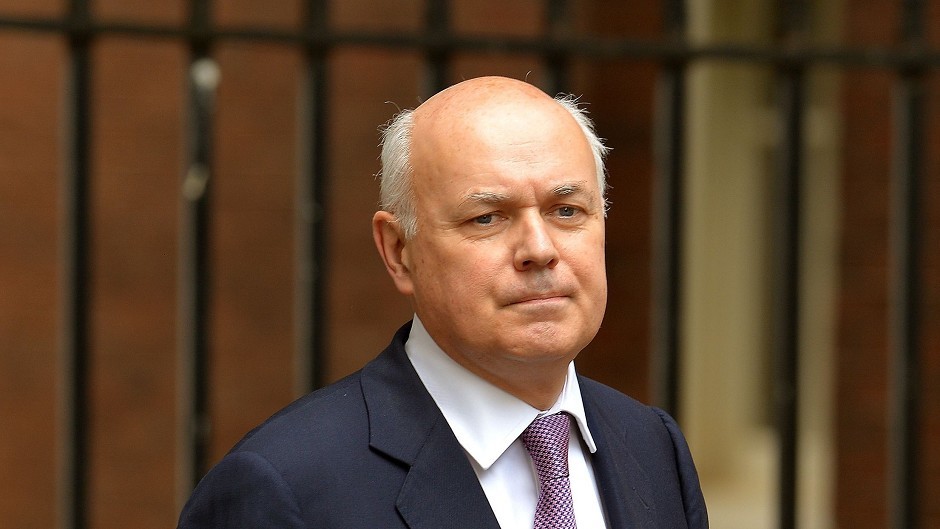Benefits-claimants in five Highland towns were among the first to be moved onto the controversial Universal Credit system yesterday.
Job Centres in Dingwall, Fort William, Invergordon, Portree and Wick were due to make the switch as the delayed roll-out began across the country.
The second wave will see Kirkwall, Lerwick and Stornoway transfer on May 11, followed by Banff, Fraserburgh and Peterhead on May 25.
The third “tranche” – including Aberdeen’s Ebury House, Buckie, Elgin and Forres – will take place between September and November.
Meanwhile, Oban is included in the fourth and final phase, due between December 2015 and April 2016.
The Universal Credit is the UK Government’s flagship welfare reform, and aims to replace six existing benefits – jobseeker’s allowance, income support, employment and support allowance, working and child tax credits and housing benefit.
Beset by delays, Labour has claimed it is a “failing programme” that will take years to implement.
Work and Pensions Secretary Iain Duncan Smith said: “This government’s welfare reforms have saved the taxpayer £50billion and restored fairness to the system.
“The centre piece of these reforms – Universal Credit – begins national roll out today, with Fort William among the first to move over.
“This landmark event is a key part of our long term economic plan, which guarantees you will always be better off in work than on benefits.
“The evidence today shows that under Universal Credit, people move into work more quickly and earn more money, giving them increased financial security.
“It is very impressive that we have seen these results so soon and that this is having a real impact on people’s lives. This is a cultural change which will alter the landscape of work for a generation.”
